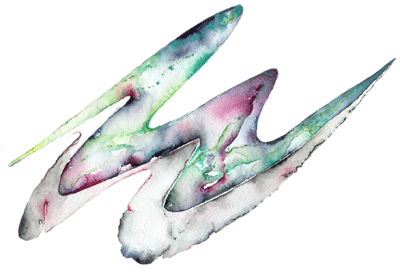Week 12 - Isaiah 47:1-15
What do we have here in Chapter 47 of Isaiah?
The delegitimizing of the Babylonian gods who had become mere wobbly idols in Chapter 46 has led to the delegitimizing of the entire Empire in Chapter 47! This once proud and seemingly limitless Babylon, according to the prophet, showed no mercy to the exiles of Israel. Therefore they have dramatically lost their entire reputation as a functional civilization. Hint: Yahweh will be faithful. There is a plan for liberation (i.e. the Persian Cyrus and a return to Jerusalem for the Exiles).
The chapter has been labelled ’The Humiliation of Babylon’ but also, interestingly, ’The Failure of Human Illusion’. There is an unmasking of the principalities and powers here in colourful language. What style is it? Is it a taunt? A ’scoffing song’? A redemption oracle? On the surface it is a lament for a land and a people that was once great but now sits ‘in the dust’. But really, Brueggemann says, it is a fake lament! The intended audience is not the Babylonians but the Israelites in exile. They are being called to see the illusion of the Babylonian powers and to hear that Yahweh, ’the Holy One of Israel’ is the faithful and true One to trust and follow. The text, in effect, is really a call to joy and consolation.
What struck me was the style of language. It is hyperbolic, with such stark reversals in colourful metaphors. It's a passionate, poetic plea to see underneath the illusions around the writer. So perhaps our question is: how do we, and how should we, unmask the powers in our life? Be it a self-delusion that needs naming and prayer from community, or a harmful addiction that has gripped a friend, or how to understand what is happening in our world. Given that it’s the final days of the Trump presidency (January 2021), I can’t help but go there. How have thoughtful people tried to name the idiocy? When I first heard that Trump was labelled “the emperor with no clothes” I said that’s it in a nutshell. The Donald is an unaware authoritarian whose naked narcissistic ambition and sociopathy is there for all to see.
It’s a choice metaphor that can be helpful in dealing with the issue. The prophet back in ancient times not only had choice metaphors but also something else going on. A fealty to a God who desires justice and mercy. How can we bring our language and God’s faithfulness to us together to address the Babylon-like aspects of life in the 21st century?
- Lyle
Reading: Brueggemann pages 92-100
Questions for Reflection
- Give an example of how language, poetry, art, or even humour, can serve to unmask a 'principality or power’ that's crossed the line? It could be an empire ‘out there’ or an aspect of our false self ‘in here’?
- What makes for an effective judgement? How have you tried to combine love and truth (mercy and justice) in communicating with someone in need?
- Yahweh in this chapter is seen directly involved in the historical process. The big picture is that Yahweh is (or soon to be) using the Persian Cyrus to liberate the Israelites. What’s the danger of this way of interpretation? What is one thing you would say to conservative Christians today who thought Trump was a modern-day Cyrus?
image by Lorraine Douglas




